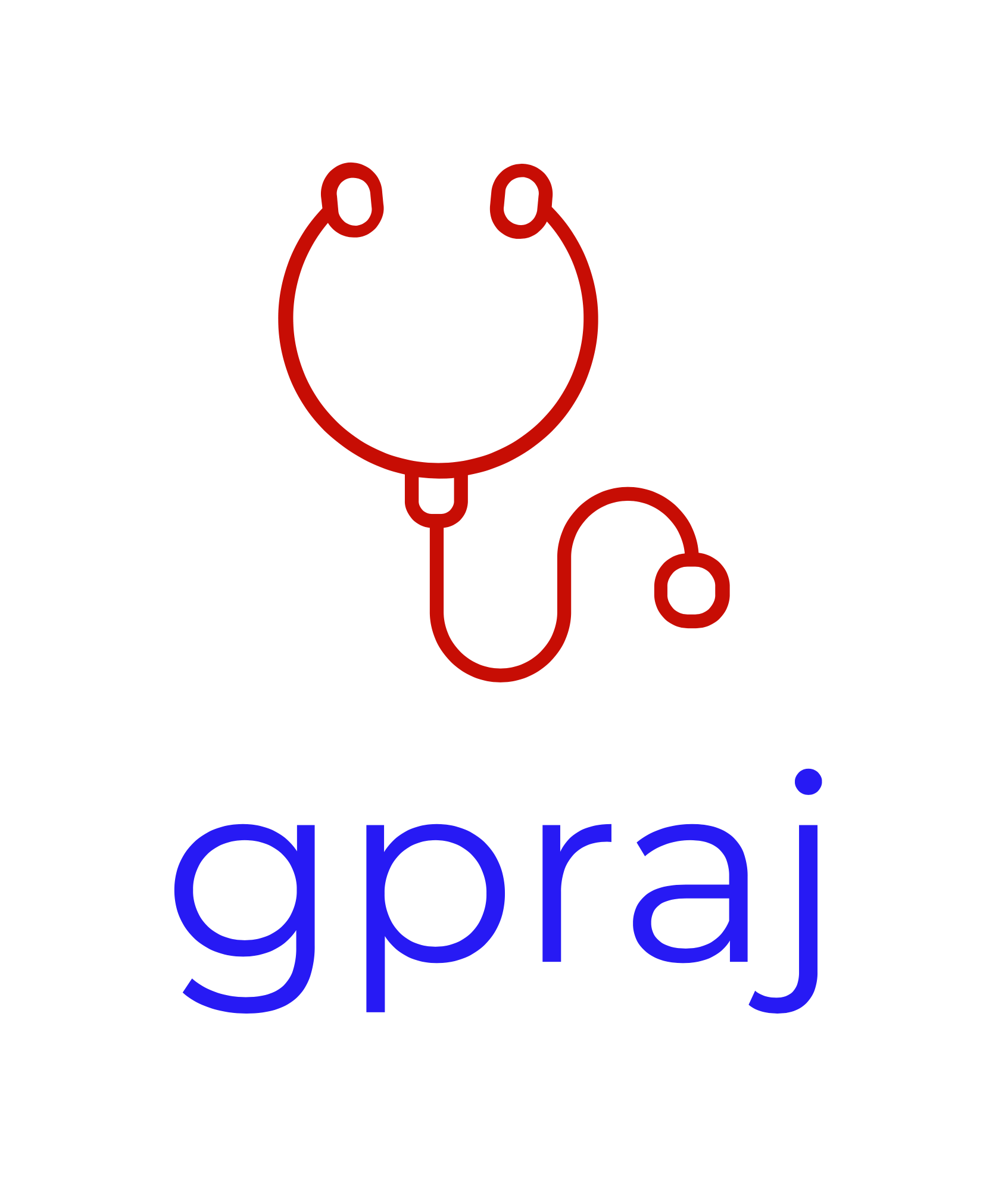Statutory duty of candour
The duty of candour, enforceable by law,
requires a practice to have an open and honest culture,
and to provide explanation, apology and support for patients when certain serious patient safety incidents occur.
Statutory and ethical Duty of Candour
Statutory duty of candour covers all care providers registered with CQC.
Applies to organisations rather than individuals, but individuals will inevitably be involved in managing and resolving incidents.
Doctors also have an ethical duty of candour to be open and honest when things go wrong: this operates ar a low threshold for notification - any harm or distress to patients.
Statutory duty - key points
Care organisations have a general duty be open and transparent in relation to care.
The duty, like the contractual one, applies to organisations rather than individuals, but staff should cooperate to make sure the organisational obligation is met.
Patients should be told of a 'notifiable safety incident' as soon as is practical.
A notifiable safety incident has two statutory definitions, depending on whether the healthcare organisation is an NHS body or not.
The organisation has to explain to the patient
what's known at the time
what further enquiries will be made
offer an apology
keep a written record of the notification to the patient.
Failure to do so could be a criminal offenceThe patient should be given reasonable support. This could be practical (eg, an interpreter) or emotional (eg, counselling, PALS).
The patient must get written notes of the initial discussion and of the notification, including details of further enquiries, their results and an apology.
The organisation needs to keep copies of all correspondence.
Threshold for notification
The threshold for what constitutes a notifiable patient safety incident under the statutory duty of candour differs depending on whether the organisation involved is an NHS body.
NHS body (trust, foundation trust, etc.)
Something unintended or unexpected in the patient's care that, in the reasonable opinion of a health care professional, could result in or appears to have resulted in:
their death (not relating to natural progression of an illness or condition)
them suffering severe or moderate harm, or prolonged psychological harm.
Non-NHS body (GP, independent practitioner, etc.)
Something unintended or unexpected occurring in the care of a patient that, in the reasonable opinion of a health care professional, appears to have resulted in:
their death (not relating to natural progression of the illness or condition)
impairment of sensory, motor or intellectual function, lasting or likely to last for 28 days
changes to the structure of the body (eg, amputation)
prolonged pain or psychological harm (defined as experienced or likely to be experienced for at least 28 days)
shortening of life expectancy
the need for treatment to prevent death or the above adverse outcomes.
Definitions of harm
Severe harm: a permanent lessening of bodily, sensory, motor, physiologic or intellectual functions, directly related to the incident.
Moderate harm: needing a moderate increase in treatment, and significant, but not permanent, harm.
Prolonged psychological harm: experienced or likely to be experienced for at least 28 days.
